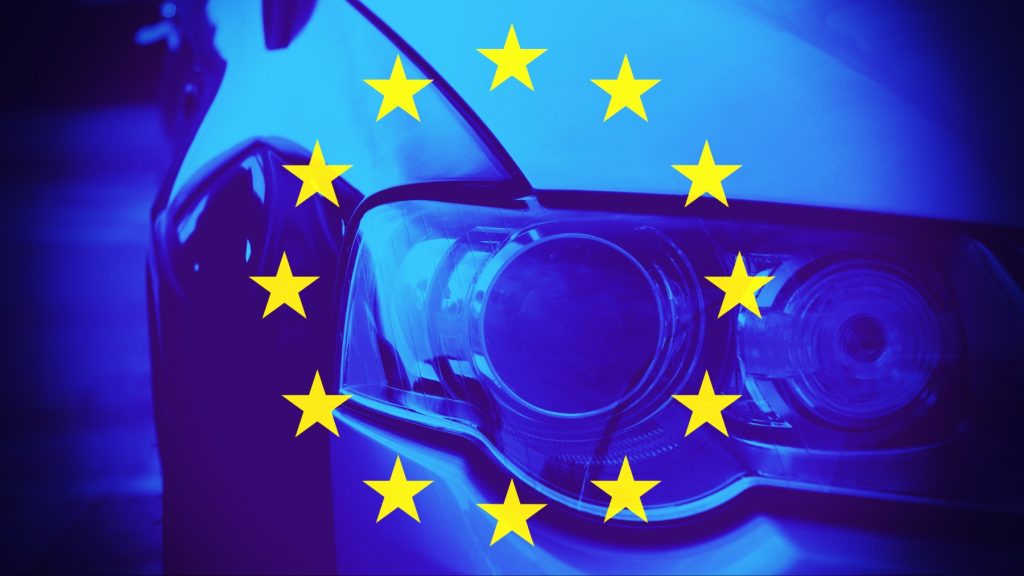 Banning Driving Licenses in Europe to Raise EU Road Safety
Banning Driving Licenses in Europe to Raise EU Road Safety The European Parliament has passed a draft proposal to implement rules for driver disqualification across the European Union. Driving license will be banned in EU countries, because if it starts in one EU country, it’ll be applied to all other member states. The proposal was approved by 372 votes to 220, with 43 abstentions.
Zero Fatalities in 2050
The proposal outlines a list of “severe traffic offences” that may trigger an automatic ban across the European Union, like drink driving, exceeding speed limits repeatedly, and causing fatal accidents. This new system enhances road safety by ensuring that drivers losing their licenses due to serious offenses can’t drive legally in another EU country.
“Driving 50 km/h faster than the speed limit would also be a severe traffic offence that could result in driving disqualification while MEPs sought a lower speed limit for residential areas, meaning that driving above the speed limit by 30 km/h on those roads could result in a driver losing their license or having it suspended,” stated Bundle.
The aim is to reduce road fatalities to nearly zero by 2050, since the initiative is a part of a broader EU road safety strategy.
“I am positive this directive will not only help reduce road accidents, but it will also contribute to better awareness among citizens about more responsible driving and a willingness to follow the rules and accept the consequences of breaking them, no matter where in the EU we drive,” Bulgarian member of the European Parliament Petar Vitanov was quoted as saying.
Not Anytime Soon
For the proposal to become law, it must get approval from the European Council. And as of today, February 7, 2024, the proposal is still undergoing a legislative process and has not yet been implemented. The European Council that is representing the governments of all EU member states, must reach an agreement on the proposal before it can move forward.
As always, with every rise of a new digitalized step, it welcomes some concerns about potential data privacy hurdles, including data sharing and centralization, especially data breaches and unauthorized access to sensitive personal information. Besides that, the fact that the data is going to be shared across different countries with varying data protection regulations affects privacy laws and requires robust safeguards. Other than that, the misuse and discriminatory practices can be attained by certain groups, like drivers.
Striking a balance between data protection and road safety is a must, while upholding individual rights requires sensible consideration and deep public discussion.
Inside Telecom provides you with an extensive list of content covering all aspects of the tech industry. Keep an eye on our Tech sections to stay informed and up-to-date with our daily articles.